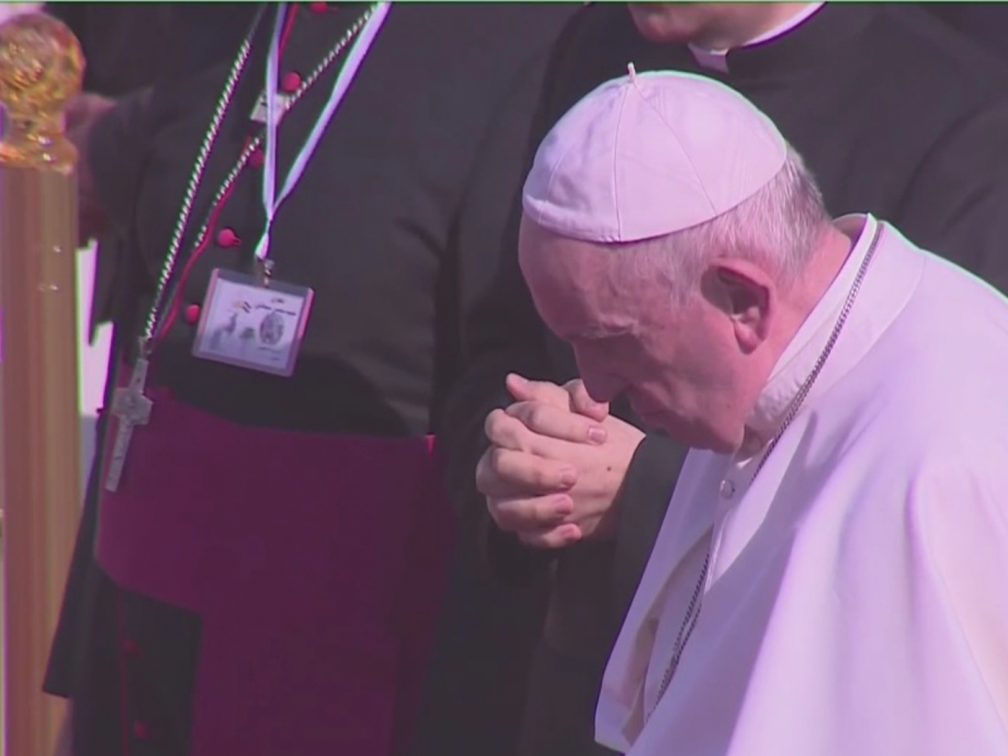Last October, Pope Francis published a very important encyclical entitled Fratelli Tutti. Due to the focus on the Covid-19 pandemic, the international media paid relatively scant attention to it.
In his encyclical, Pope Francis wrote, “It is my desire that, in this our time, by acknowledging the dignity of each human person, we can contribute to the rebirth of a universal aspiration to fraternity.” (Fratelli Tutti Article 8)
Some early sections of the encyclical concern the pandemic and are well worth quoting. They include Article 32: “True, a worldwide tragedy like the Covid-19 pandemic momentarily revives the sense that we are a global community, all in the same boat, where one person’s problems are the problems of all. Once more we realised that no one is saved alone: we can only be saved together.”
Elsewhere, Pope Francis writes in Article 35: “If only this may prove not to be just another tragedy of history from which we learned nothing… If only we might rediscover once and for all that we need one another, and that in this way our human family can experience a rebirth, with all its faces, all its hands, and all its voices, beyond the wall that we have created.”
We have been forced to rely more and more on social media to communicate with one another during the pandemic. Although we are grateful that modern technology has provided us with this valuable means of keeping in contact with each other, we can see clearly that there is no substitute for face to-face contact.
In Fratelli Tutti, the Pope also lists some of the problems of social media. “Digital relationships, which do not demand the slow and gradual cultivation of friendships, stable interaction, or the building of a consensus that matures over time, have the appearance of sociability. Yet they do not really build community; instead they tend to disguise and expand the very individualism that finds expression in xenophobia and in contempt for the vulnerable. Digital connectivity is not enough to build bridges. It is not capable of uniting humanity.”
One of the effects of the pandemic and its lockdowns is a greater degree of silence which offers an invitation to prayer and refl ection. St Patrick reminds us that kidnapped as a youth by Irish pirates, he found himself in an involuntary ‘lockdown’, caring for sheep on the harsh slopes of Slemish Mountain. The Saint wrote, “When I had come to Ireland, I tended herds every day and I used to pray many times during the day. More and more my love of God and my reverence for him began to increase. My faith grew stronger and my zeal so intense that in the course of a single day I would say as many as a hundred prayers, and almost as many at night.” (Patrick in His Own Words by Joseph Duffy, Veritas Publications, Dublin 1975)
May the experience of this pandemic help us to realise, “… that our lives are interwoven with and sustained by ordinary people valiantly shaping the decisive events of our shared history: doctors, nurses, pharmacists, storekeepers and supermarket-workers, cleaning personnel, caretakers, transport workers, men and women working to provide essential services and public safety, volunteers, priests and religious…They understood that nobody is saved alone.” (Fratelli Tutti Article 54) Like St Patrick, may we be helped by the silence and isolation to grow in prayer and reflection.

